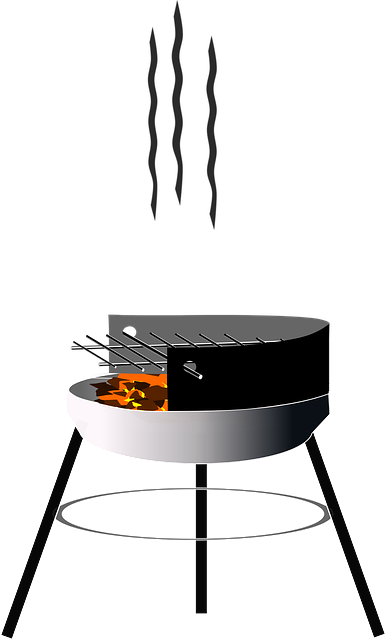Kratom (Mitragyna speciosa), popular in Michigan among athletes and fitness enthusiasts for post-workout recovery, contains analgesic and stimulant alkaloids. Its use as a natural alternative or complement to traditional recovery methods is growing, but its legal status remains under scrutiny. Athletes using kratom must understand the state's regulations to stay within legal boundaries while exploring its potential benefits for muscle soreness and fatigue reduction.
Kratom, a natural herb with growing popularity among athletes, has emerged as a potential game-changer in training recovery. This article explores its role in enhancing post-workout restoration, focusing on Michigan’s legal status for athletic use. With a scientific lens, we delve into the efficacy of kratom, examining its effects on muscle pain and fatigue reduction. Discover how this herb, readily available in Michigan, could be a valuable addition to your recovery routine.
- Understanding Kratom's Role in Training Recovery
- Michigan's Legal Status of Kratom for Athletes
- Science Behind Kratom and Its Efficacy for Post-Workout Recovery
Understanding Kratom's Role in Training Recovery

Kratom, a natural herb native to Southeast Asia, has gained popularity among athletes and fitness enthusiasts in Michigan for its potential role in training recovery. Its scientific name, Mitragyna speciosa, hints at its unique properties that may aid in post-workout restoration. Kratom contains various alkaloids, including mitraginin and 7-hydroxymitragynine, which have been studied for their analgesic (pain-relieving) and stimulant effects. These compounds can help reduce muscle soreness and fatigue typically experienced after intense training sessions.
In the world of fitness, managing recovery is crucial for performance improvement. Kratom’s ability to mitigate pain and stimulate energy levels naturally makes it an intriguing option in Michigan’s wellness scene. It offers a potential alternative or complementary approach to traditional recovery methods, allowing folks to hustle and bustle through their workouts with reduced downtime.
Michigan's Legal Status of Kratom for Athletes

In Michigan, the legal status of kratom for athletes is a topic of growing interest and clarification. While kratom has gained popularity as a natural recovery aid among active individuals, including athletes, its use in competitive sports remains controversial. The state’s laws regarding kratom are designed to balance public safety with individual freedom, reflecting a nuanced approach to this herbal supplement.
Michigan has specific regulations around kratom possession and sale, aiming to curb potential misuse and ensure it is not used as a performance-enhancing drug. Athletes considering kratom for recovery should be aware of these laws and understand the responsible use guidelines. Staying informed about Michigan’s kratom in michigan regulations is crucial for athletes looking to integrate this natural remedy into their post-workout routines while adhering to legal boundaries.
Science Behind Kratom and Its Efficacy for Post-Workout Recovery

Kratom, a natural herb originating from Southeast Asia, has gained attention for its potential benefits in post-workout recovery. Scientifically known as Mitragyna speciosa, this plant contains alkaloids that interact with the body’s opioid receptors, offering pain relief and reducing inflammation. Studies have shown that kratom can help alleviate muscle soreness and fatigue, common issues experienced by athletes and fitness enthusiasts after intense workouts.
The efficacy of kratom in Michigan and beyond has been explored in various research studies. Some suggest that it can aid in faster recovery times, enhance endurance, and improve overall athletic performance. Its ability to mitigate post-exercise stress response makes it a promising alternative for individuals seeking natural solutions for muscle recovery. However, like any supplement, individual responses may vary, and further scientific exploration is needed to fully understand its therapeutic potential in the context of training recovery.
Kratom has emerged as a potential natural solution for athletes in Michigan seeking efficient post-workout recovery. The plant’s analgesic and anti-inflammatory properties, backed by scientific research, suggest its effectiveness in reducing muscle soreness and accelerating recovery time. However, while Michigan’s legal status of kratom use remains an important consideration for athletes, further studies are needed to fully understand its long-term effects and optimal dosages. Exploring kratom as a complementary recovery tool could offer promising benefits for those looking to enhance their training routines.














